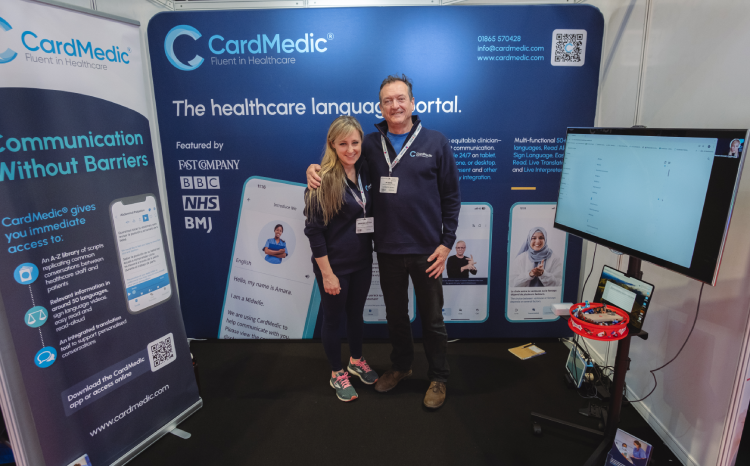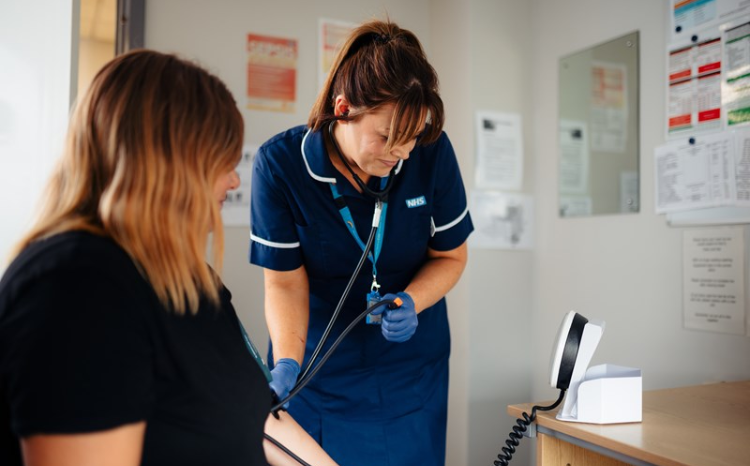Ireland to go-live with national maternity electronic record
- 22 November 2016

Ireland’s biggest maternity hospital will go-live with Cerner next month, as part of an upgrade that will see all its maternity units switch to the electronic health record system.
Cork University Maternity hospital will deploy Cerner on the weekend of 3 December. This will eventually be rolled out a further 18 maternity hospitals that will share a single nationwide Cerner maternal and newborn clinical management system.
eHealth Ireland chief executive Richard Corbridge told Digital Health News that Cerner had rebuilt and validated the system specifically for Ireland’s maternity context.
“This will be a single instance across 19 hospitals to promote the sharing of information,” he said.
It is the first in a series national electronic health record projects planned in Ireland, that will also create a separate single national EHR for specialist oncology hospitals and another for acute hospitals, providing funding is approved.
Cerner has also won a contract to provide the digital national laboratories information platform in Ireland, which is scheduled for roll-out at first three sites the second quarter of 2017.
These moves are part of a broader eHealth Ireland strategy to digitally transformation a national health service that is still largely run on paper.
This includes turning Ireland in a centre for digital health innovation, a vision eHealth Ireland is promoting at its first Health Innovation Week, which is running till Thursday this week.
“It really gives the start-up community and other innovators and opportunity to engage with the health system.”
During the weekend, eHealth Ireland hosted a hackathon, with an Internet of Things conference on Monday, and Innovation Showcase on Tuesday and Wednesday.
“It’s really is about putting digital health in the public agenda.”
It has already been a big year already for health IT in Ireland, with the individual patient identifier rolled out in August, setting the ground work for full calendar of nationwide deployments next year.
eHealth Ireland is also using Microsoft 365 to create digital identities for the 47,000 staff without one by Christmas, part of a push to provide more national services through the cloud.
“2016 has seen significant foundations put in place for eHealth delivery, 2017 will see the next level of solutions deployed that will bring immediate patient and clinical benefit.”
In June, 2015, Ireland launched a 'Knowledge and Information Plan', which focused on getting a new IT infrastructure, interoperable systems, data use, and patient services in place for its health services.
In practice, the plan and its implementation is being lead and controlled nationals through eHealth Ireland and the Health Services Executive.
Corbridge said compared to the United Kingdom, few hospitals in Ireland have more than a basic clinical system which, in some ways, made digital transformation easier.
“We have a population of 4.7 million that are hungry for digital solutions and a relatively low base.”




